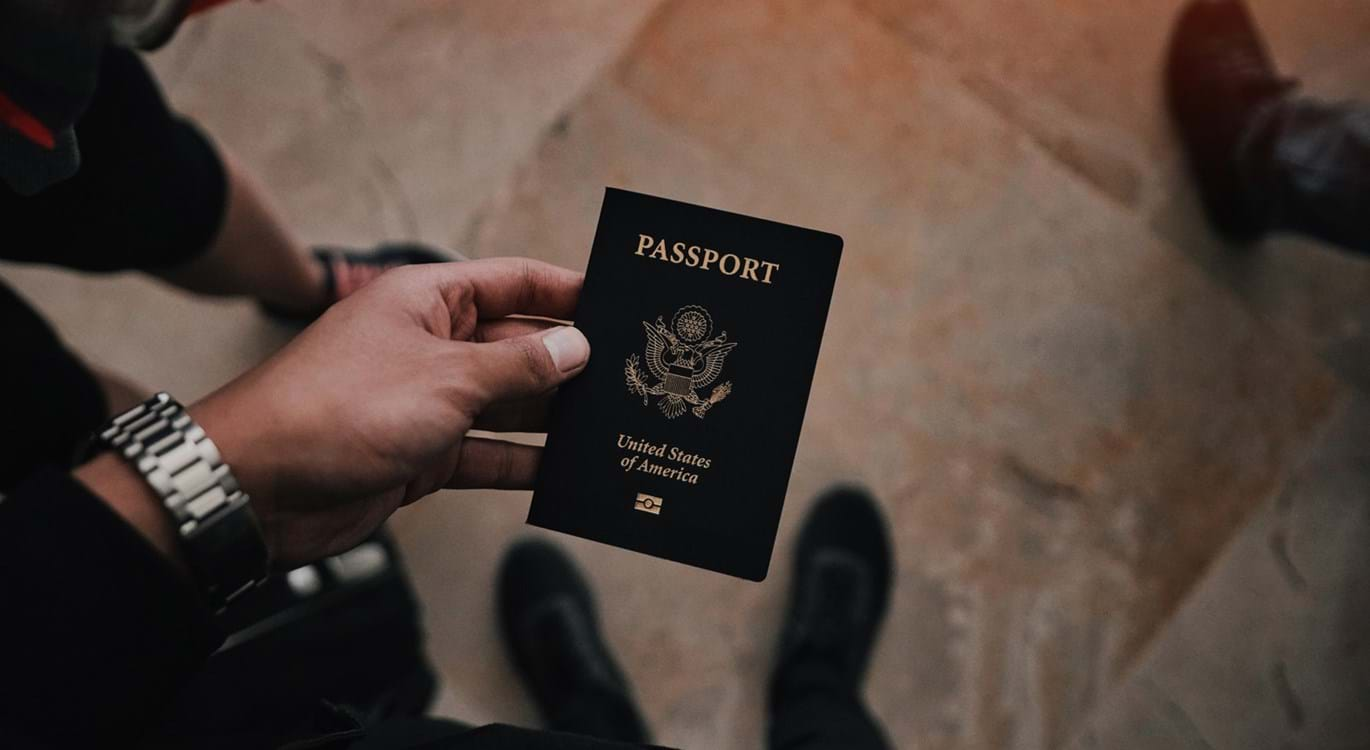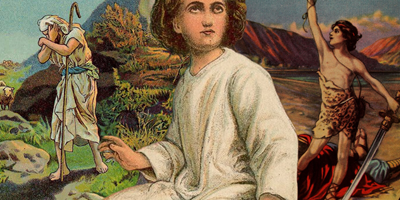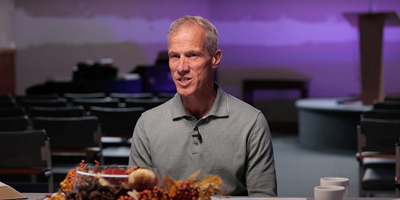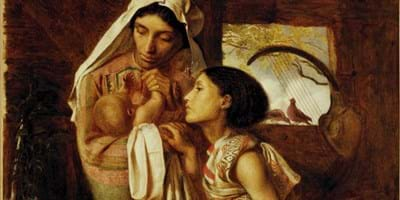Cyprus offers a route to citizenship through their Citizenship by Investment programme. An overall investment and donation of €2.2 million is required to commence the process of becoming a citizen of Cyprus. Unsurprisingly the number of applicants is limited by the high cost.
What about being a citizen of God’s Kingdom?
There are undoubtedly attractive benefits for everyone who is a citizen of God’s everlasting Kingdom. It includes the blessing of being in a right relationship with Almighty God, knowing His guidance in life and a future prospect of a home in heaven.
How can I become a citizen of the Kingdom of God?
In the gospel of Luke chapter 18 we are directed to three important principles about how we can become a citizen of the Kingdom of God.
1. You must receive it with child-like faith
Jesus says “whoever does not receive the Kingdom of God as a little child will by no means enter it.” (Luke 18:17).
The picture of a child receiving a gift is very simple but hugely powerful. A small child will trust the giver and will not seek to offer anything in return, as recompense for the gift that was given to them. Equally a child is not too proud to accept a gift! I can never recall any child saying, “I’m sorry I cannot accept this gift I really don’t deserve it.” So, the analogy for us should be obvious. Through the message of the gospel entrance into the Kingdom of God is a gift that is being offered to every individual.
None of us can make a positive contribution that would gain us citizenship. The only thing that we contribute is our sin, and if it remains unforgiven, we would forever be barred from being a citizen of God's Kingdom. These propositions do dent our pride but the Kingdom belongs to those who recognise they have no merit, no achievements that would earn them a place.
"None of us can make a positive contribution that would gain us citizenship."
2. You must confess that Jesus is Lord
Is it just a matter of receiving a gift and then going on our way and living as we like? The short answer to that question is: “No”.
The Lord Jesus addressed a very religious and rich young man who came and knelt before Him, and asked “What must I do to inherit eternal life” (Luke 18:18, ESV). The phrase “inheriting eternal life” is synonymous with “enter the Kingdom of God” (Luke 18:24) and “being saved” (Luke 18:26).
The words “I do” give us the crux of the problem. Unlike someone with a child-like faith who simply receives a gift, he wanted to do something to inherit eternal life.
In an effort to convict the man of sin Jesus points him to the commandments, that none of us can keep perfectly. Sadly, the young man had a high estimation of himself and a very low standard of God’s law so he stated, “All these things I have kept from my youth” (Luke 18:21).
The Lord Jesus responded, “Sell all that you have and distribute to the poor, and you will have treasure in heaven; and come, follow Me" (Luke 18:22). What is Jesus saying to this young man? He was not saying that by giving all your money away you will be a citizen of the Kingdom but rather you must submit completely to me and pledge allegiance to me.
To be a true citizen of God’s Kingdom, there is the confession that “Jesus is Lord”.
"..that if you confess with your mouth the Lord Jesus and believe in your heart that God has raised Him from the dead, you will be saved."Romans 10 9 (NKJV)
Jesus is not an “added extra” for life. Someone we can add into our collection of interests, placing Him alongside our career, family or hobbies. Salvation, entrance into the Kingdom of God, is for those who recognise they cannot earn God’s favour and confess that He is Lord.
The unhappy conclusion to this encounter was that the young man went away very sad because he was very rich. He desired wealth more than he desired Jesus. He loved the gifts he had received from God more than He loved God. He rejected the King who was before him.
3. You must trust in the King’s sacrifice
After listening to Jesus’s call for sacrifice Peter spoke about the sacrifices that he and others had made. He was quickly reminded, by the Lord Jesus, that any sacrifice for the Kingdom of God would be amply rewarded not just in the future but in the present. However, what makes the Kingdom of God different is that the King is going to be the sacrifice so that His citizens can enter. Unlike the citizenship-by-investment programmes it is not the would-be citizens who sacrifice something but the King is the sacrifice for them. Entrance is secured for all who trust Him and it will never be revoked.
The Lord Jesus spoke how, "Behold, we are going up to Jerusalem, and all things that are written by the prophets concerning the Son of Man will be accomplished” (Luke 18:31). We can read, in Luke’s gospel, how every prophecy about him would come true.
- "We are going up to Jerusalem" (Luke 18:35-19:45)
- "The Son of Man will be delivered to the Gentiles" (Luke 19:47-23:1)
- "He will be mocked and insulted" (Luke 23:1-32)
- "They will kill Him" (Luke 23:33-56)
- "The third day He will rise again" (Luke 24:1-12)
The disciples were somewhat slow of understanding but years later Peter could write, “For Christ also suffered once for sins, the just for the unjust, that He might bring us to God,” (1st Peter 3:18). He understood that the sinless one, Jesus Christ, bore the punishment for sin so that sinners could be eternally forgiven and be accepted into God’s everlasting Kingdom as new citizens.
The gift of salvation, eternal life, citizenship of God’s Kingdom, is held out as gift to you. Will you receive it, pledging allegiance to the Lord Jesus and trust in His sacrifice?




























